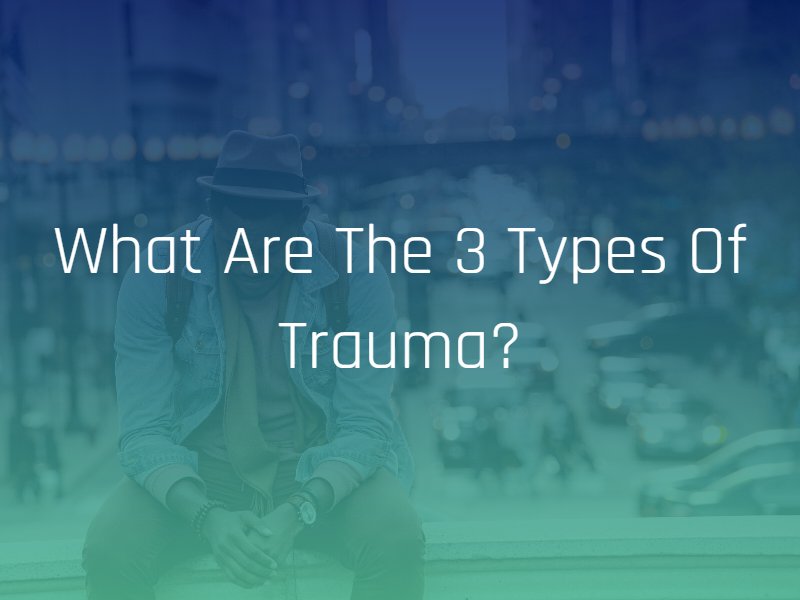Psychological trauma occurs after a person experiences an event that is extremely stressful, such as active combat, violent accidents, and incidents of sexual violence. While not everyone who experiences a stressful event will develop trauma, psychological damage is unfortunately common among survivors of sexual assault. There are several types of trauma a survivor may develop, including acute trauma, chronic trauma, and complex trauma.
Acute Trauma
A person can develop acute trauma if he or she experiences a singular stressful event or experience. This may include a serious accident, the sudden loss of a loved one, witnessing violence, or a natural disaster. A single act of sexual violence may also cause acute trauma.
It is important for a person with acute trauma to receive treatment as soon as possible to avoid the development of worsening conditions, such as substance abuse or post-traumatic stress disorder. Treatment for acute trauma may include medication, removal from the scene of the trauma, short-term therapy, and immediate emotional support.
Chronic Trauma
Chronic trauma occurs when someone experiences multiple stressful events or a prolonged stressful event. Receiving treatment for a serious illness is likely to contribute to chronic trauma, as would years of active military combat. Prolonged sexual abuse or multiple acts of sexual violence may also constitute chronic trauma.
Survivors with chronic trauma will require more treatment than those with acute trauma. Long-term therapy, a targeted medication regimen, and specialized treatments can help the survivor recover from the traumatic event and develop healthy coping skills to manage triggers.
Complex Trauma
Complex trauma is similar to chronic trauma, but with a few key differences. Like chronic trauma, complex trauma involves multiple, chronic traumatic events, but these events are always prolonged. These events almost always occur within an interpersonal relationship, which causes internal conflict for the survivor. Long-term sexual and domestic violence can contribute to complex trauma.
Treatment for complex trauma is similar to treatment for chronic trauma. Targeted therapies, medication, and specialized treatments can help patients overcome complex trauma.
Common Trauma Symptoms
Trauma symptoms do not definitively correspond with the type of trauma a person experiences. Medical professionals typically classify trauma based on the type of traumatic event that triggered a patient’s psychological damage. Discerning the source of the trauma is crucial to treatment and recovery.
Because every person is different, trauma symptoms vary from patient to patient. These symptoms can range from mild to severe, with some patients experiencing significant disruptions to their daily lives. Symptoms depend on the characteristics of the patient, his or her mental health history and emotional background, past traumatic experiences, and the specific type of traumatic event that occurred.
Some common trauma symptoms include the following.
- Denial
- Shame and guilt
- Hopelessness and numbness
- Anger and fear
- Confusion
- Irritability
- Headaches and fatigue
- A racing heartbeat
- Sleep difficulties
- Jumpiness
- Excessive sweating
- Anxiety and depression
- Dissociation or feelings of disconnectedness
- Poor grooming habits
- Difficulties at school or work
- Digestive symptoms, such as frequent stomach pain
- Hyperarousal, or a constant state of alertness
If you believe you are experiencing psychological trauma following a sexual assault, it is important to seek help as soon as possible. Untreated trauma can worsen, disrupt your daily life, and lead to complications, such as substance abuse or the development of post-traumatic stress disorder.
Seek help from a mental health professional as soon as possible following the assault, or as soon as you experience symptoms of trauma. If you need help finding mental health support for survivors, contact a sexual assault attorney. Your lawyer can guide you toward local resources and explain your pathways toward healing.

